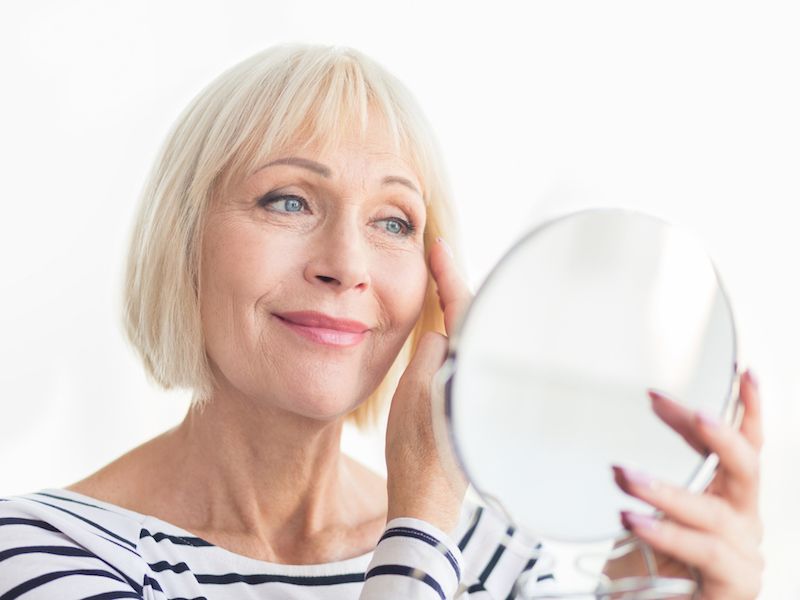
It seems as if we’re always attempting to stay young. From gym memberships to Botox to wrinkle cream to special diets, we spend countless hours each day doing everything we can to slow down the aging process. Still, with that amount of time and effort, we commonly neglect doing one simple thing that may actually work: wearing ear protection.
Many people probably consider hearing loss as inevitable as we age. But it’s not that easy. You can keep your hearing in good shape and help prevent damage by protecting and taking care of your ears. And good hearing can have considerable anti-aging benefits as time goes by.
Hearing And Aging
When we speak about “aging” we don’t usually mean the actual passing of time. Instead, “aging” generally refers to the presentation of certain physical, mental, or emotional characteristics that we link to getting older. Pain in your joints is a great example of this. When your knees begin to hurt, you may associate that with “getting old”. But it’s not age alone that leads to the problem (your regular 5-mile run might have something to do with it, too).
Many types of hearing loss fall under this category. There’s an accumulation of damage as you get older. And in most cases, it’s the build-up of damage that causes the actual hearing deterioration. And that’s when things can start to snowball. Untreated hearing loss has been related to several other signs of aging:
- In some cases, issues like insomnia and loss of memory, can be triggered by the cognitive strain of trying to hear. And, in an especially profound way, that can make you feel like you are aging.
- Research has shown a strong connection between neglected hearing loss, anxiety, and depression.
- The onset of mental issues, including dementia, can sometimes be hastened by ignored or undetected hearing loss.
- Self isolation from friends and family can be the result of untreated hearing loss.
What to do About Age Related Hearing Loss
You’re really emphasizing damage prevention when you battle the “signs of aging” in your ears. And it’s fortunate that we can accomplish that using several methods. For example, you can:
- Wear hearing protection to work if your job exposes you to loud noise. Current ear muffs have incredible technology that can let you hear voices with clarity while filtering out loud, harmful environmental sounds.
- Become more aware. It’s not just the painfully loud sounds that can lead to harm. Moderate sound for longer periods of time can cause injury to your ears, too.
- Avoid loud noises as much as possible. And when you can’t stay away from high volume places, use hearing protection. So when you go see that concert with your favorite band, be sure to wear earplugs.
All of these strategies will help safeguard your hearing. But in order to keep your hearing in good condition you can do one more thing: come see us for a hearing examination. Making certain you undergo hearing tests regularly can help you discover hearing loss before it’s even recognizable. You should still have a screening even if your hearing is fine so that you can have a standard to compare against in the future.
Wear Hearing Aids to Keep Your Ears Healthy
The world we live in can be noisy. Your ability to prevent damage is critical, but you might eventually detect some hearing loss even with your best efforts. If that’s the situation, it’s essential that you get help as soon as possible. Some of the age related problems related to hearing loss can be prevented with a good pair of hearing aids.
Hearing aids can assist your hearing to function more youthfully, sort of like a facelift for your ears. And that can help keep depression, dementia, and other issues at bay. This analogy only goes so far since a facelift is cosmetic and hearing aids are necessary. Wrinkle creams could help you look younger. But if you actually want to combat aging and feel a bit more youthful, your best bet is to protect your hearing and take care of your hearing loss.